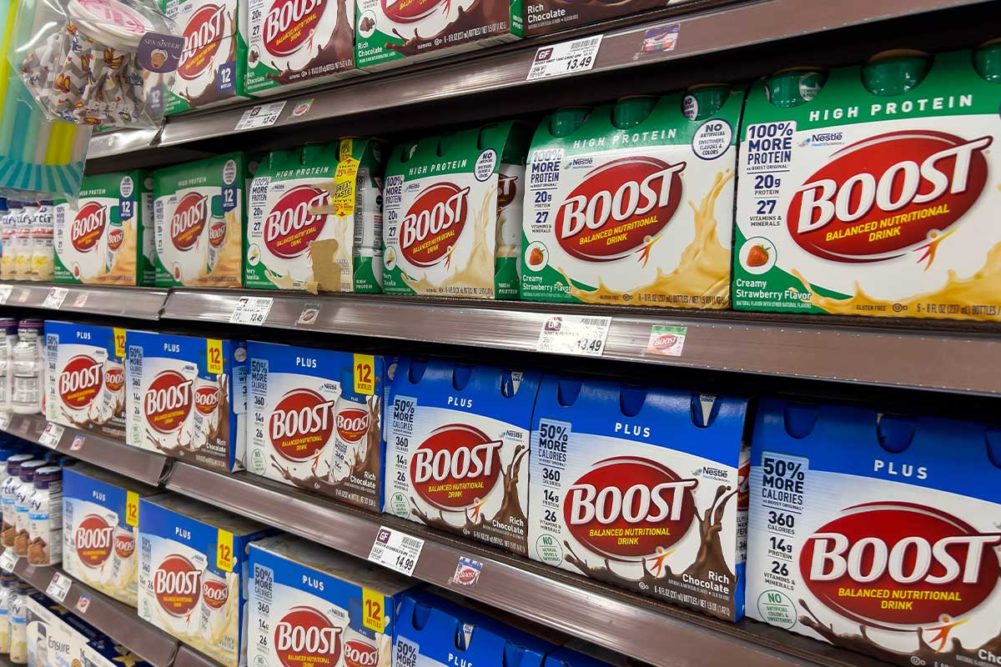VEVEY, SWITZERLAND — The increasing use of GLP-1 agonists drugs for type 2 diabetes and weight loss could present opportunities for Nestle SA.
“I believe we have important contributions to make,” said Ulf Mark Schneider, chief executive officer, in an Oct 19 earnings call to discuss financial results for the year’s first nine months. “Please note that while these drugs offer new therapy options for obese patients and for patients with type 2 diabetes, they are not a permanent solution and are no replacement for an appropriate diet coupled with the right amount of exercise.
“For the time that patients spend on these drugs and after, we are already developing a number of companion products. The goal will be to address the risk of malnutrition and the loss of lean muscle mass while on the GLP-1 therapy and to avoid or limit weight rebound after the therapy. These innovations are right in our wheelhouse where we can bring our deep understanding of nutritional science and appropriate supplementation to the table.”
He gave Boost nutritional drinks and Optifast products as two examples of potentially assisting consumers on GLP-1 drugs.
Negative impacts may come in food- and snacking-related categories, Mr. Schneider said.
“In our case, that would be the frozen food side of things, confectionery and to some extent ice cream,” he said.
Anecdotally, some consumers have said they have less of a taste for coffee when on the drugs.
“Of course, it’s also important to remember that coffee, when it comes to calories, when it comes to obesity, (is) certainly not to blame,” Mr. Schneider said. “It’s the ultimate low-calorie drink.”
The future of GLP-1 comes with questions.
“The rollout of these drugs is going to be taking a long time given the cost and capacity constraints,” Mr. Schneider said. “It’s unknown at this time how many people will opt for this. It’s unknown at this time how long people will stay on this given some of the very serious side effects, and it’s unknown also what their specific needs are when these treatment regimens are over.”
Over the first nine months, total reported sales for Vevey-based Nestle dipped 0.4% to 68.83 billion Swiss francs ($77.11 billion) from 69.13 billion Swiss francs. Foreign exchange had a negative impact of 7.4%, and net acquisitions had a negative impact of 0.8%. Organic sales growth was 7.8% due to a positive pricing impact of 8.4%.





